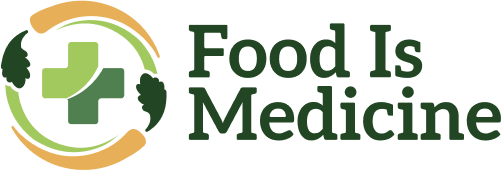Key Points
- The CMS Innovation Center has designed new approaches to incorporate screening and referrals for social needs. These policies allow model participants to quantify the portion of CMS beneficiaries living with food insecurity and utilize available resources to address needs.
- In the last decade, the CMS Innovation Center has launched more than 50 model tests that have generated important lessons about how to transition the U.S. health system to value-based care.
- Participants in Innovation Center models include health care providers, plans, and other health care entities.
FIM Opportunities
Several Innovation Center models include asking about difficulties with food insecurity as part of required health-related social needs (HRSN) screening and referral.
Examples include:
- Integrated Care for Kids (InCK)
- Maternal Opioid Misuse (MOM)
- Kidney Care Choices (KCC)
- ACO Realizing Equity, Access, and Community Health (ACO REACH)
- Value-Based Insurance Design (VBID, will terminate at the end of 2025)
- Enhancing Oncology Model (EOM)
- Making Care Primary (MCP)
- Innovation in Behavioral Health (IBH)
- States Advancing All-Payer Health Equity Approaches and Development (AHEAD)
- Guiding an Improved Dementia Experience (GUIDE)
- Maternal Health Model (TMaH)
These models are required to screen and provide follow-up referrals for various populations across a range of providers, health plans, and care settings.
In addition to screening and referral, enhanced social risk adjustment of provider payments also supports efforts to provide high quality, person-centered care to underserved and complex populations.
Search this database to find innovation models and see the current implementation status.

